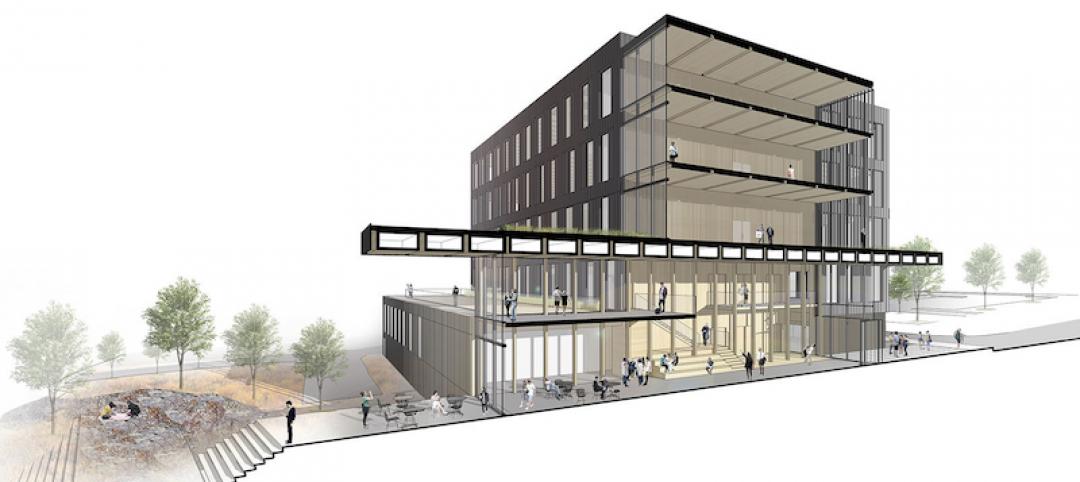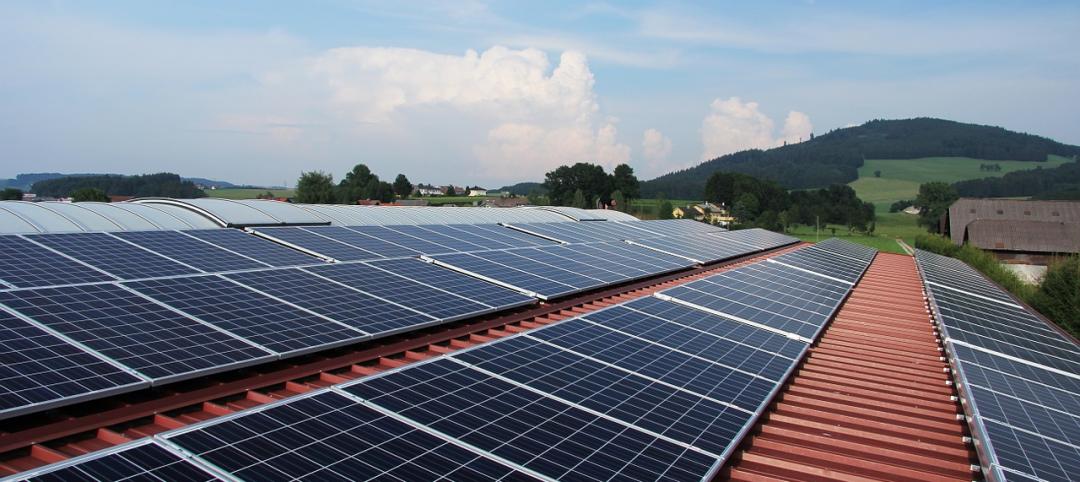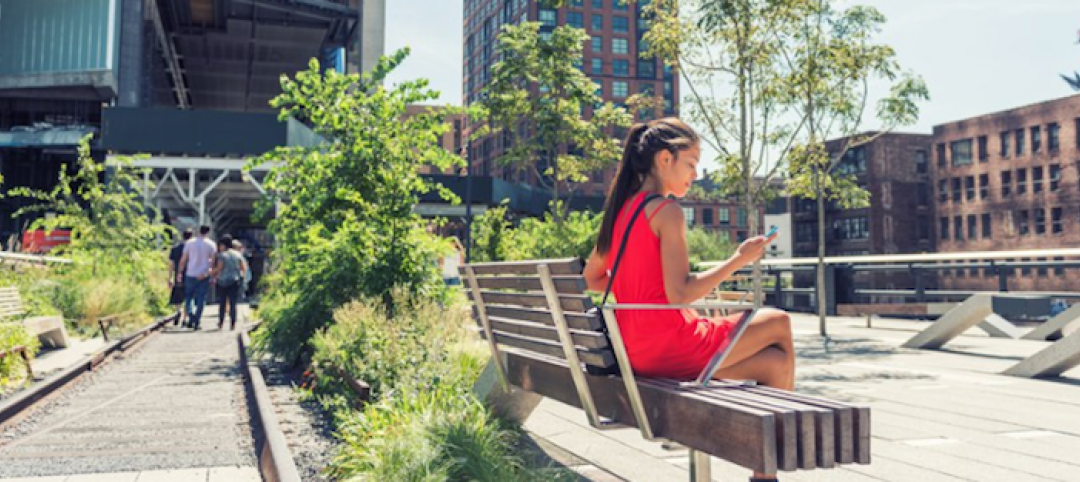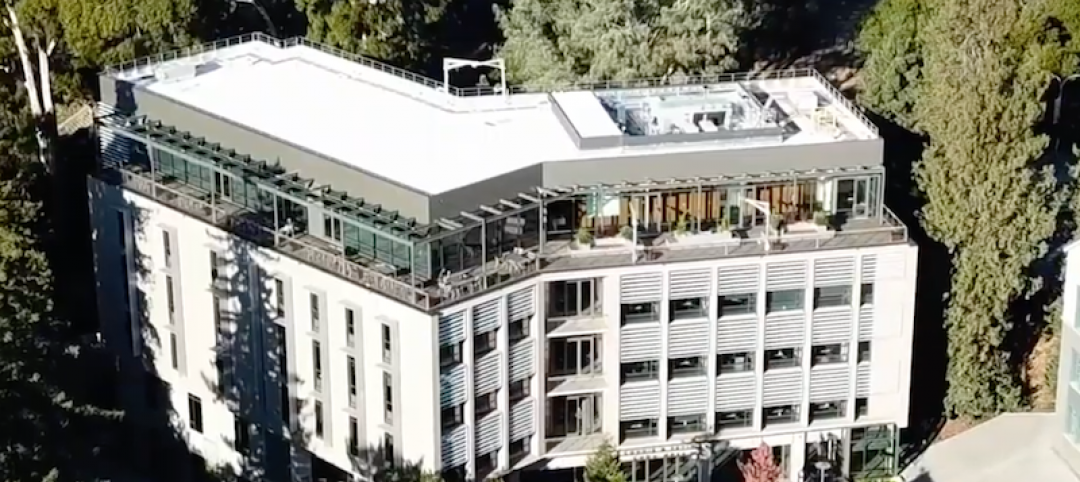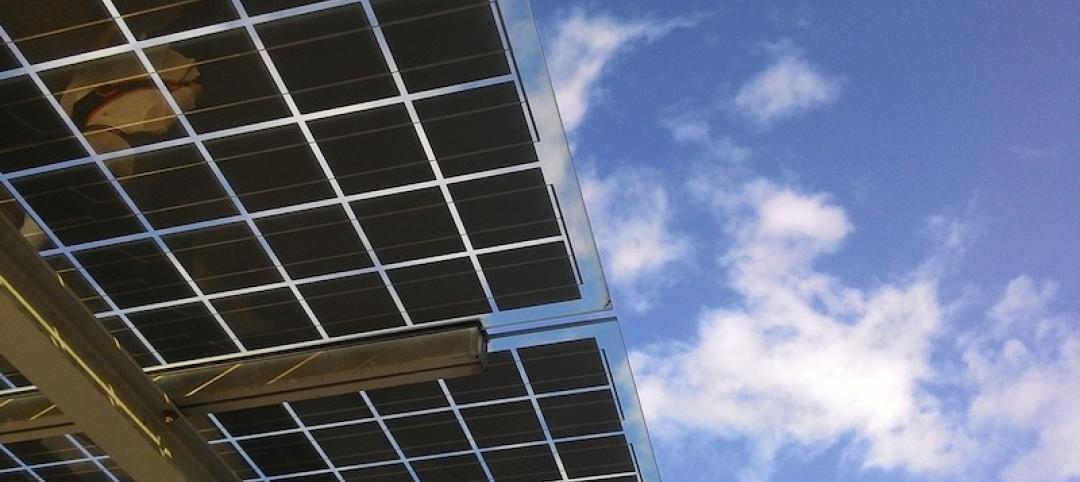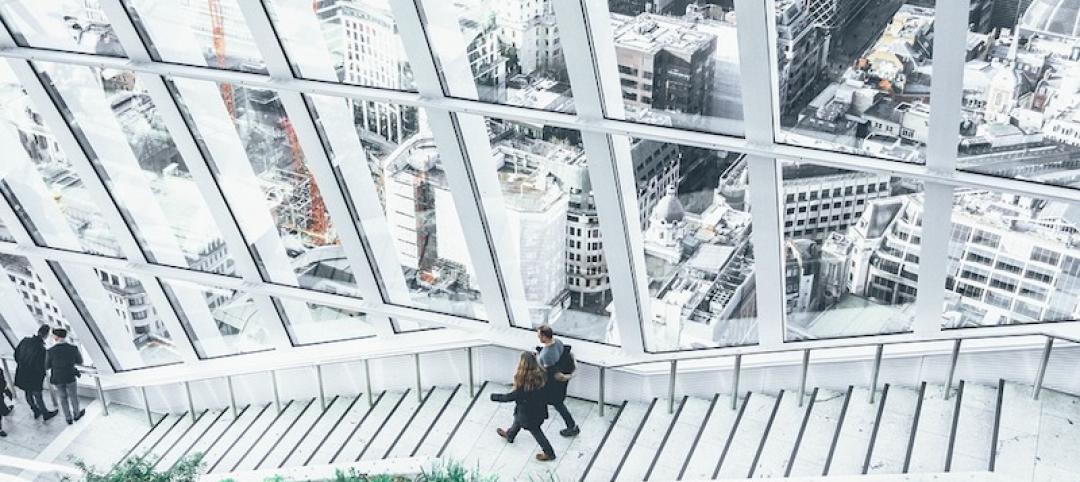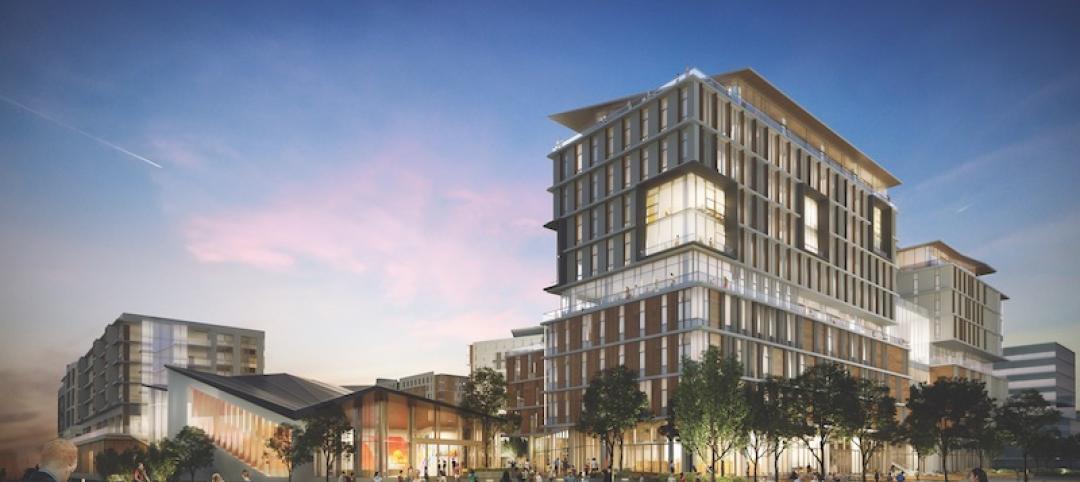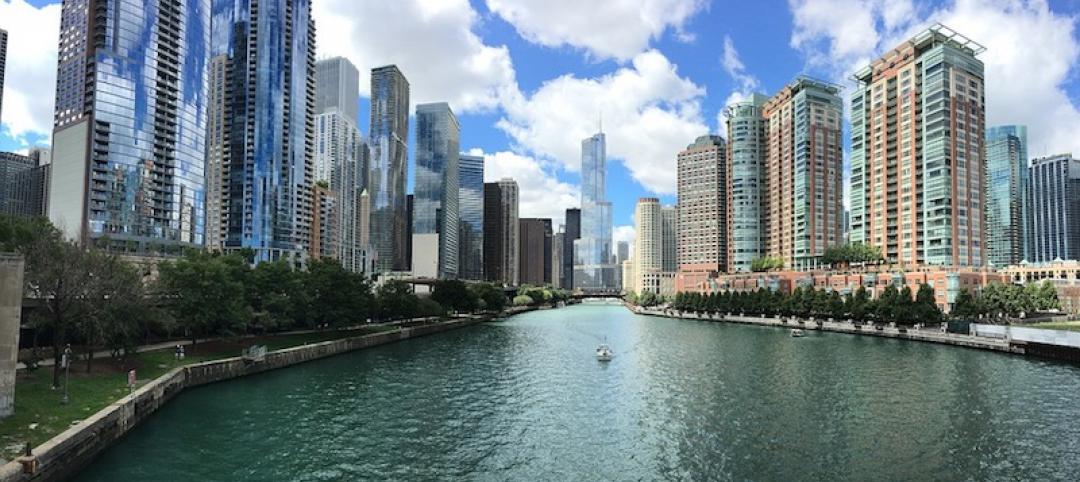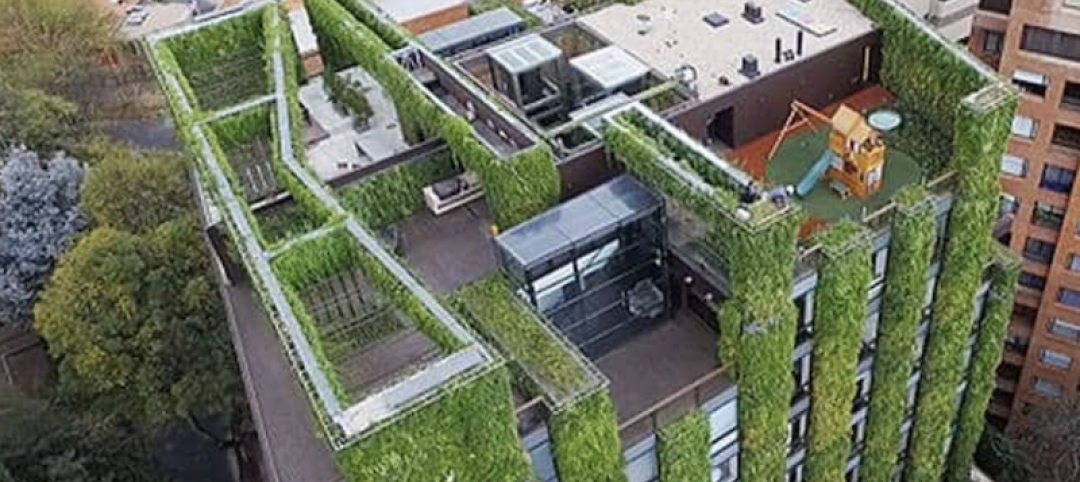Boston will soon adopt a new stringent green state building code that aims to significantly reduce carbon emissions in new construction and major renovations.
Adoption of Massachusetts’s “stretch code” means that the city will not create an outright ban on fossil fuels for heating, cooling, and appliances. It will, though, drastically reduce fossil fuels in buildings by adding expensive, climate-friendly requirements for developers choosing to install fossil fuel connections. There will be varied energy efficiency requirements for different building types.
The legislation also requires developers building with gas or oil to pay for extra wiring so buildings can go all-electric in the future. Buildings in Boston account for close to three-quarters of the city’s carbon emissions, according to estimates.
At least two other Bay State communities have adopted the stretch code, but Boston is the largest and has a more diverse building stock including labs and life science buildings with highly specific electricity and infrastructure requirements.
In a related development, Mayor Michelle Wu recently pledged $10 million in city funds to help affordable multi-family buildings become more energy efficient.
Related Stories
Sustainable Design and Construction | Apr 9, 2019
One of the largest zero-carbon, net-zero buildings is rising in Spokane
Catalyst will be part of an innovation hub, with Eastern Washington University as its main tenant.
Codes and Standards | Apr 8, 2019
LEED v4.1 now available for cities, communities, residential/homes
The rating system emphasizes performance monitoring, fully integrated design, social equity, and human health.
Green | Apr 8, 2019
New USGBC research explores green building industry’s role in highlighting the importance of buildings as a global solution
First wave of research is part of the Living Standard initiative, which seeks to raise the quality of life for people around the world through research and storytelling.
Green | Jan 28, 2019
This is the country’s greenest academic building
Perkins+Will designed the building.
Green | Nov 15, 2018
USGBC launches LEED Zero, to address net zero carbon operations and resources in LEED green building projects
LEED Zero complements LEED to verify the achievement of net zero goals and signals market leadership in green buildings.
Green | Oct 17, 2018
USGBC survey suggests employees are happier, healthier, and more productive in LEED green buildings
Can healthier, more sustainable buildings give employers a hiring edge to attract best in class talent?
Green | Oct 15, 2018
Green, and then some: Architecture firms are helping cities raise the stakes in green design
Architecture firms are answering the call of local governments and institutional clients for higher standards in green building design.
Green | Sep 11, 2018
Chicago becomes seventh city in the world to achieve LEED for Cities Platinum certification
It is the highest level of certification available from the U.S. Green Building Council.
Green | Aug 28, 2018
Chattanooga’s Miller Park set to open after $10.3 million overhaul
Spackman Mossop Michaels and Eskew Dumez Ripple partnered on the project.
Green | Aug 16, 2018
Vertical gardens: Wellness oases in the urban jungle
When there’s only so much real estate available in urban centers for parks, how’s a developer to bring in more green with biophilic design?



